How to Gauge Your Banjo Proficiency
Today we're diving into a topic that every banjo player ponders at some point - gauging your skill level. Whether you're a seasoned picker or a fresh beginner, it's important to track your progress and set achievable goals. But how do you define your banjo prowess in a way that's both motivating and realistic.
We believe there's no single answer. Skill level is a multifaceted beast, encompassing factors like technique, repertoire, musicality, and even a dash of personal flair. So, fret not! This guide will explore different ways to assess your banjo journey, helping you chart your course and celebrate your achievements.
1. Evaluating Technique
- Fingerpicking Fluency: If you are playing 3-finger style banjo, can you cleanly switch between basic rolls like a forward roll and an alternating roll? Are you comfortable incorporating hammer-ons and pull-offs into your playing?
- Fretting: Can you navigate the fretboard with ease? Mastering common chord shapes and being able to move between them smoothly is a great indicator of progress. Can you easily play basic I - IV - V chord progressions (G, C, D)
- Picking Accuracy: How clean is your picking sound? Are you minimizing unwanted string noise? Are you consistently hitting the string you wanted to hit?
2. Expanding Your Repertoire
- Learning Different Styles: Have you ventured beyond basic picking or strumming patterns? Can you tackle single-string melodies or drop thumb clawhammer techniques?
- Song Difficulty: Can you play beginner tunes at a comfortable tempo with good technique? As you progress, are you gradually incorporating more complex pieces into your repertoire? Don't be afraid to challenge yourself with trickier picking patterns or faster tempos! Remember to practice with a metronome as musch as possible!
3. Musicality Matters
- Playing with Dynamics: Can you add expression to your playing by incorporating dynamics like volume control, phrasing, and articulation of notes?
- Developing a Feel: Does your banjo playing groove? Can you play with a steady rhythm and feel the pulse of the music? Close your eyes and practice with a metronome. Can you feel the beat. Can you play with the rhythm playing slightly on top of the beat or behind the beat. Can you nail it right on the beat?
- Experimentation: Are you incorporating improvisation into your playing? This doesn't have to be fancy – start with simple variations on melodies or try out different rolls on familiar tunes. Are you writing your own tunes? Are you creating a library of your own licks?
Beginner, Intermediate, and Advanced Banjo Players: A Breakdown
Beginner:
- Fundamental Skills: New to the banjo, focusing on learning basic chords, picking and strumming patterns, and simple melodies.
- Challenges: Mastering fingerpicking techniques, understanding banjo scales, and developing a steady rhythm.
- Goals: Building a solid foundation, playing familiar tunes, and enjoying the banjo-playing experience.
Intermediate:
- Expanding Skills: Comfortable with basic techniques, working on more complex chord progressions, fingerpicking styles, and exploring different genres.
- Challenges: Improving speed, timing, accuracy, and musicality.
- Goals: Playing a variety of tunes with confidence, experimenting with improvisation, and developing a unique playing style.
Advanced:
- Mastering Techniques: Highly skilled in various banjo techniques for your chosen style.
- Musicality: Capable of playing with expression, phrasing, and dynamics.
- Repertoire: Extensive knowledge of banjo music, including traditional tunes, contemporary compositions, and original material.
- Challenges: Pushing boundaries, exploring new techniques, and contributing to the banjo community.
- Goals: Becoming a respected musician, inspiring others, and continuing to evolve as a banjo player.
Remember: There's no magic formula for banjo proficiency. The most important aspect is that you're having fun and making progress at your own pace. Banjo Studio is here to support you every step of the way, with a wealth knowledge and a supportive community of banjo enthusiasts.
Here are some additional pointers to keep you motivated:
- Record Yourself: Regularly record yourself playing. This is a fantastic way to track your improvement over time.
- Set Realistic Goals: Don't try to become Béla Fleck overnight! Set small, achievable goals and celebrate each milestone.
- Find a Jam Partner: Jamming with others is a great way to learn, stay motivated, and share your love of the banjo.
We hope this guide empowers you to confidently assess your banjo skills and chart your path to picking greatness. Now, get out there and start picking! We'll be here at Banjo Studio cheering you on every step of the way.
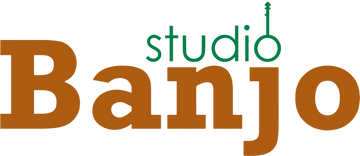



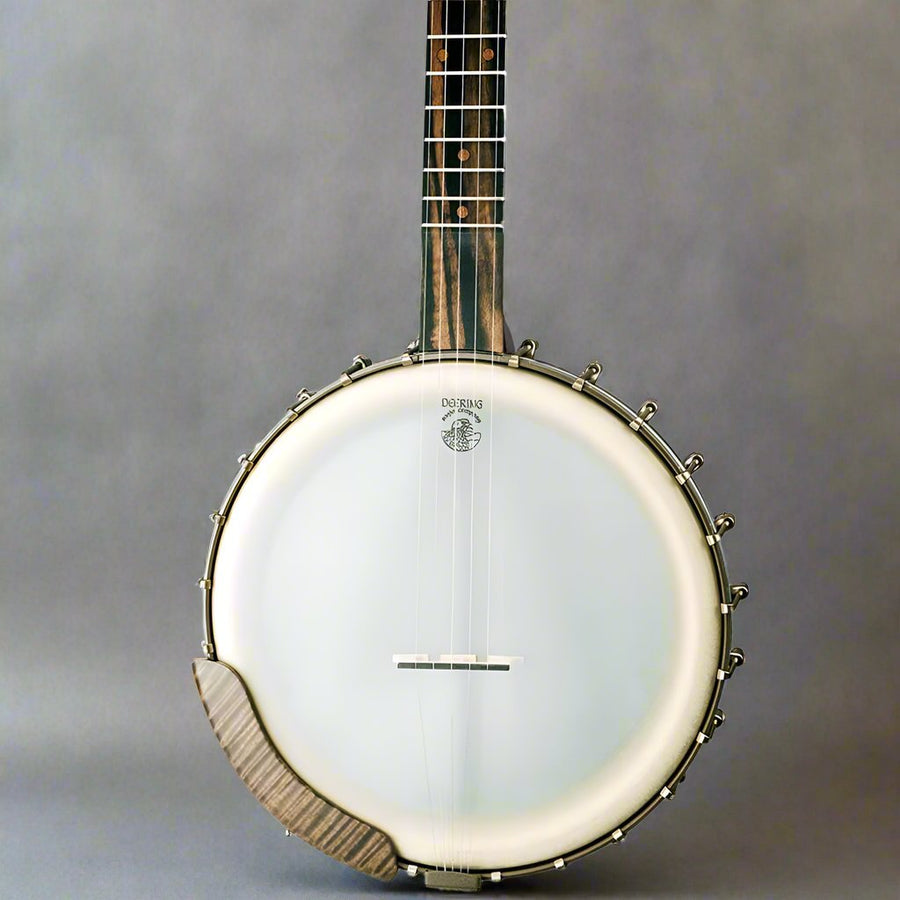
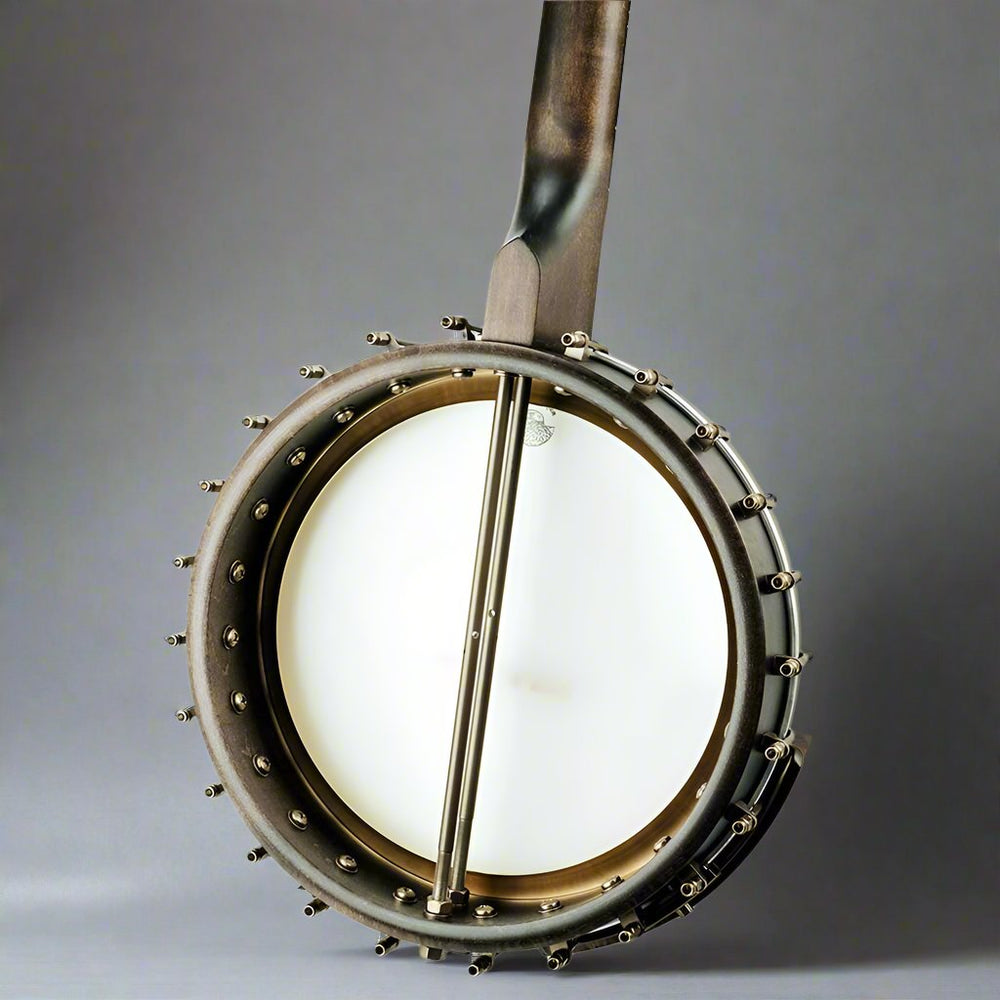
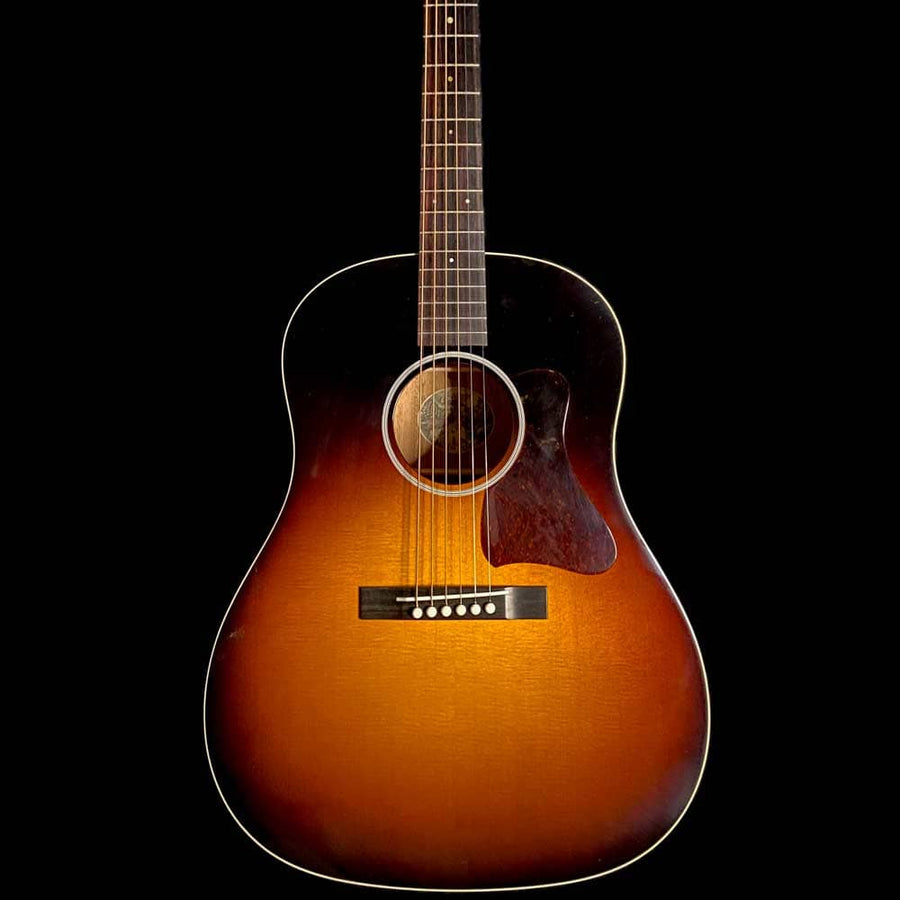

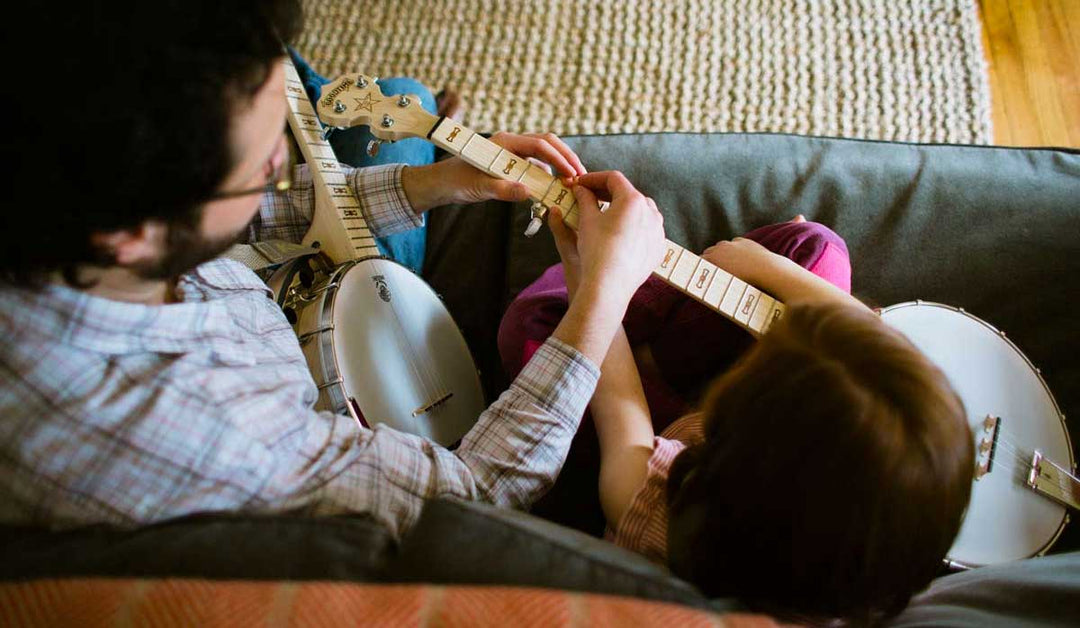


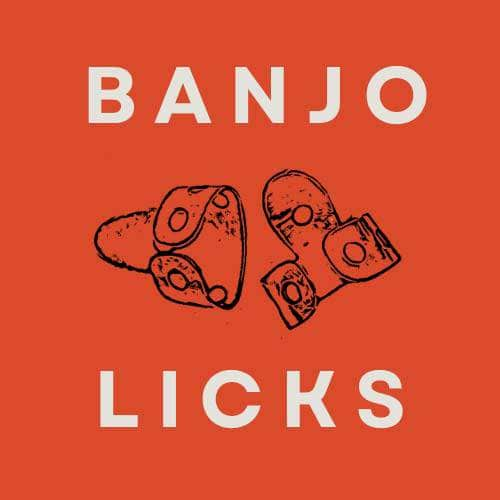
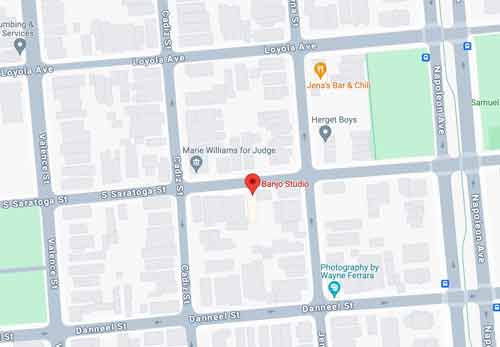
Leave a comment